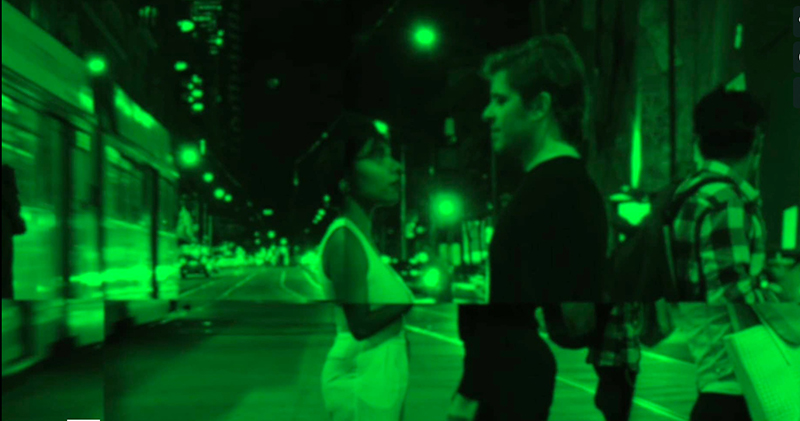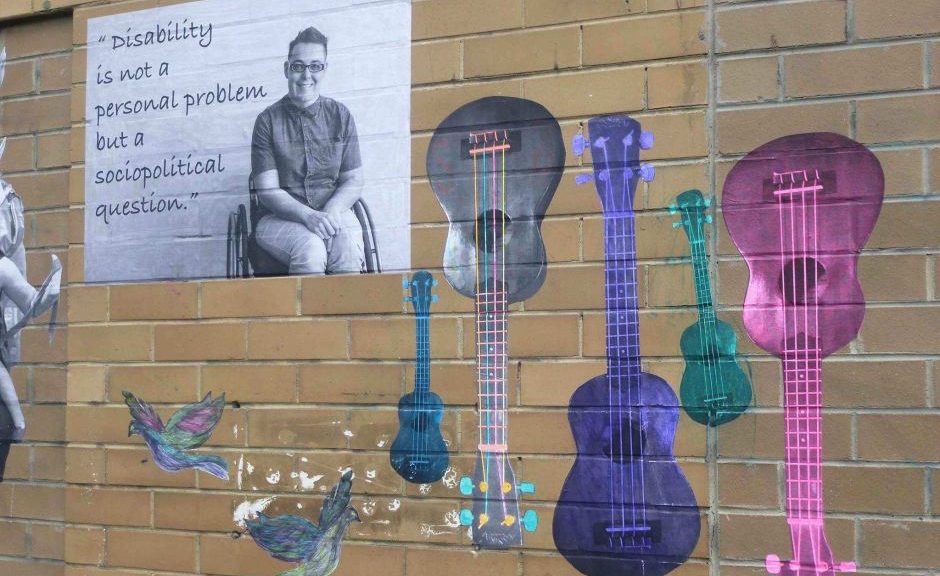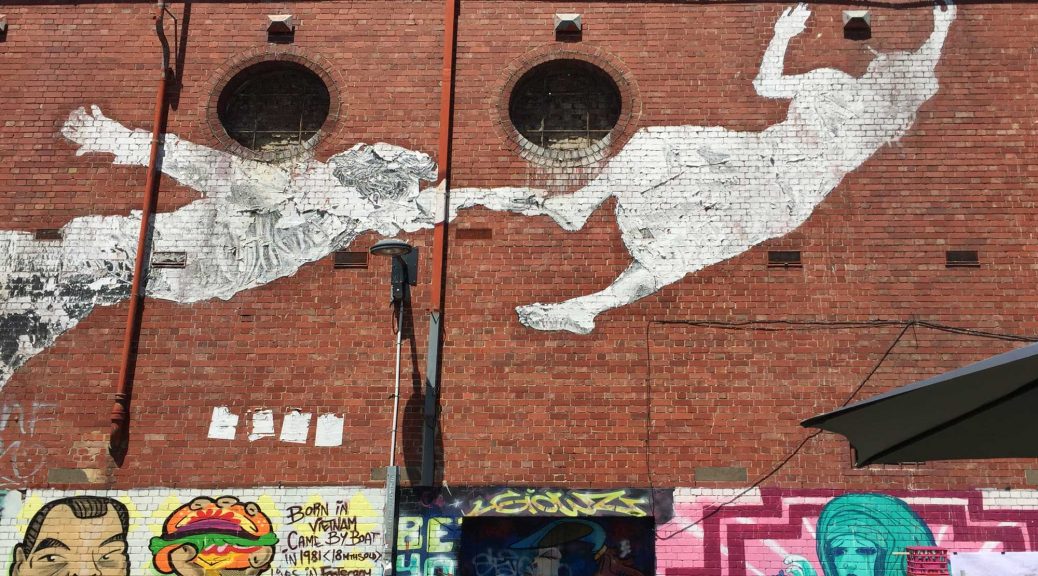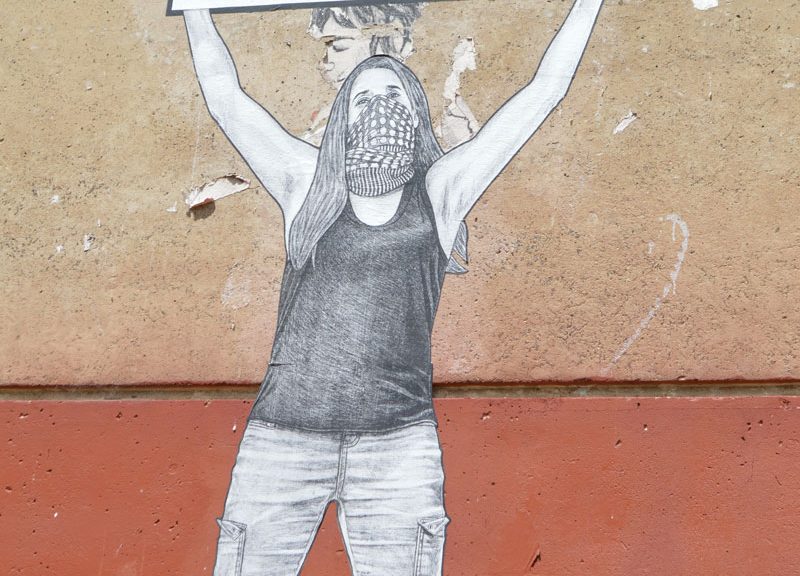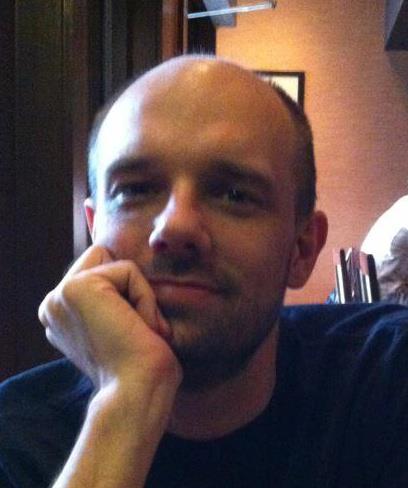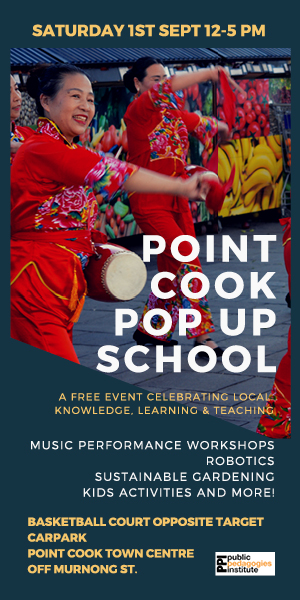Call For Papers
Journal of Public Pedagogies
Special Issue: Walking in/as Publics
Guest Edited by WalkingLab
(Stephanie Springgay & Sarah E. Truman)
As a research methodology, walking has a diverse and extensive history in the social sciences, arts, and humanities underscoring its value for conducting research that is situated, relational, and material. However, the history and genealogy of walking is encumbered by the figure of the flâneur that is predicated on autonomy, ability, Whiteness, masculinity, and as such a capacity to walk anywhere detached from the immediate surroundings. As a result, it is imperative that current activations of walking methods take into consideration race, gender, sexuality, disability, and settler colonization.
Public pedagogy is used to describe processes as diverse as dominant discourses such as neo-liberalism (Giroux, 2004), informal/anomalous sites of learning, (Ellsworth, 2004), corporate branding (Kincheloe, 2002), Disney (Garlen & Sandlin, 2016), civic engagement (Hickey-Moody, 2013), public realms (Biesta, 2010), and movement in public spaces such as streets (Truman, 2017). While public pedagogy can be said to refer to the educational, cultural and social affects and effects of prevailing culture, Sandlin, Burdick and O’Malley (2011) use the term critical public pedagogy to describe the ways popular and everyday culture(s) can be used to “decode and interrupt dominant ideologies of race, class, gender, sexuality, militarism, and neo-liberalism” (p. 347). Critical public pedagogy is an apt term to describe critical walking methods and methodologies.
This special issue is guest edited/curated by WalkingLab (www.walkinglab.org). WalkingLab is co-directed by Stephanie Springgay and Sarah E. Truman. WalkingLab is committed to queer, feminist, anti-racist, and decolonial walking practices. See their recent publication Walking Methodologies in a More-than-Human-World: WalkingLab (Routledge, 2018).
The expected publication date will accompany the annual Public Pedagogies Institute Conference in Melbourne, Australia (November 2019). At this point WalkingLab invites proposals for submissions that activate walking methods and methodologies and specifically attend to race, gender, sexuality, disability and settler colonization in/as public. Each 250-word proposal should provide a title for the submission, explain a theoretical orientation, and a brief explanation of content, arguments, and walking practice that will be examined. Proposals should indicate if the final submission will be a full-length article or a shorter explication text (see below). If you include images in your proposal please embed these into your word document and then send the submission as a pdf. Include no more than 3 images at this time. Please include a permission statement that indicates that you have the copyright permission to include images in your publication. Please include a 50-word bio.
Final submissions can be:
• full length articles (5,000 to 6,000 exclusive of references) that theoretically and/or empirically attend to walking methodologies (these will be double blind peer reviewed)
• short texts (1000 to 1500 words) that explicate a particular walking practice(s) or events
• photo essays with short descriptions/theorizations
The journal is an open source online journal that currently publishes the papers as pdf files. Images and URL links can be included in submissions. All proposals will be submitted electronically as word documents (or pdf if including images), using APA citation format, and images. Submit proposals and queries to: walkingpublicpedagogy@gmail.com
Deadlines:
October 15, 2018: Proposal/expression of interest (250 words plus 50-word bio)
November 1, 2018 authors will be notified of acceptance of their proposal
February 1, 2019 final submissions due for blind peer review
Journal of Public Pedagogies Special Issue

